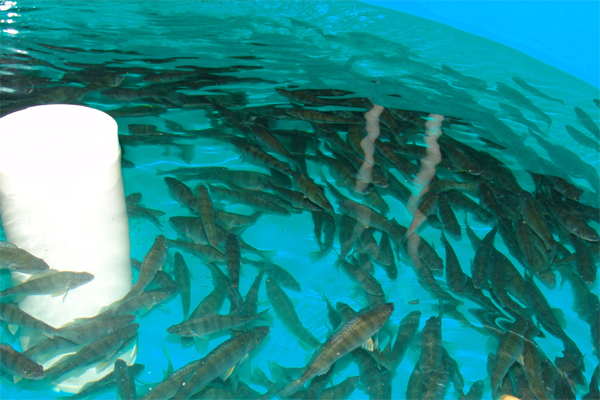



|
Tweet
Pin
It
|
Educational: The eligibility for most of these courses is 10+2 science preferably with Physics, chemistry, biology or geology. Most institutes make it mandatory to have a background knowledge in biology. It basically depends on the individual institutions. For undergraduate programmes like B.Sc in aqua science, minimum requirement is generally a pass in plus two or its equivalent with biology/maths, physics and chemistry subjects. Similarly for post graduate qualification like an M.Sc in aqua science, a graduate degree in science Or Higher degrees in related fields are preferred. One can also opt for Mariculture. Aspirants can go for Ph.D. after getting a master's degree. Diploma courses are also offered in this field by several institutes. These diploma courses can be of 1 to 3 years. Small certificate courses are also offered by some academic institutions.
These courses enable the career aspirants to learn various aspects of the marine and fishery industry such as inland and freshwater aquaculture, commercial fish production technology, fish cultivation as well as the preservation , sophisticated fish processing and post harvest technology, controlled environment storage of fresh and processed seafood etc. The students are also taught about water pollution and the ways of preventing the same. Marketing of the products form an important part of the course syllabus.
Personal attributes: Besides having a solid foundation in the basic concepts of the discipline and a keen interest for underwater environments and various water-bodies, a strong skill of observation, good color vision, patience, good physical health, perseverance and interest in outdoor activities are some of the personal traits needed for this field. Good verbal / written communication skills, Computer literacy, knowledge of basic statistics are an added advantage.
Find it Useful ? Help Others by Sharing Online
Comments and Discussions |
Related
Career Options
|
|||
|
|